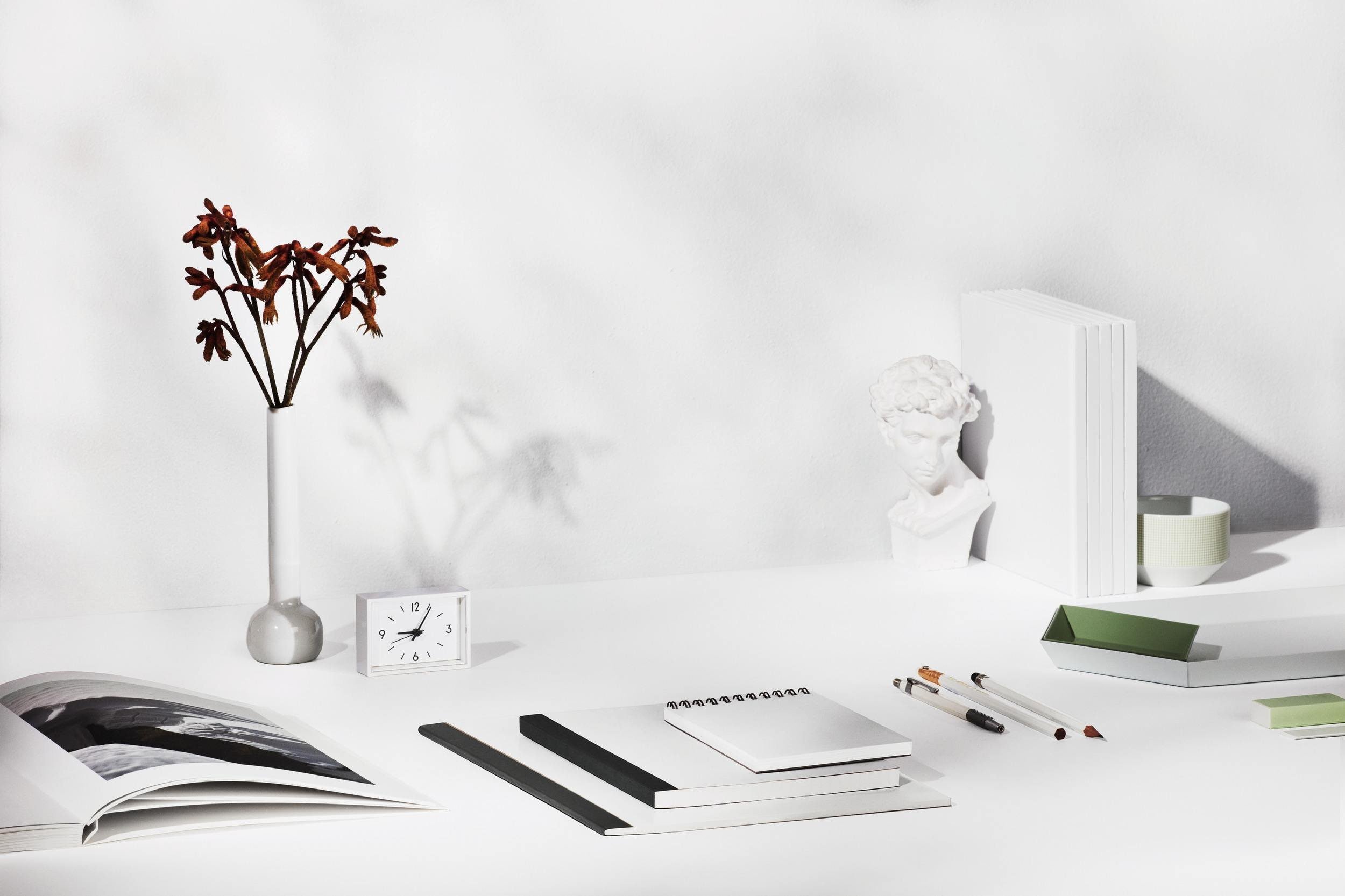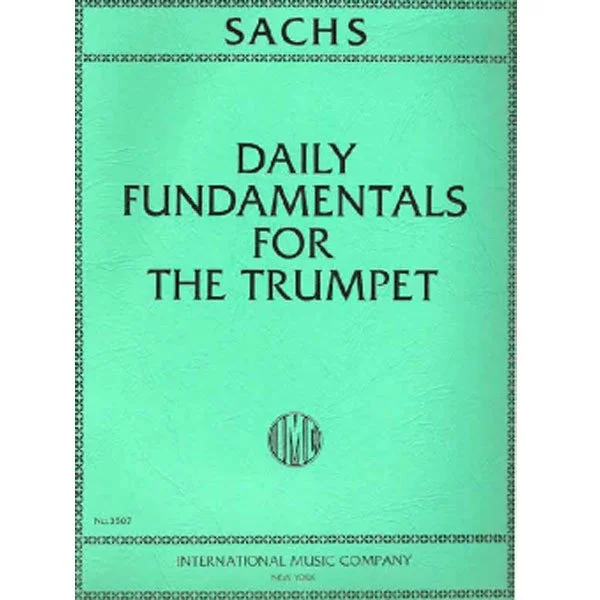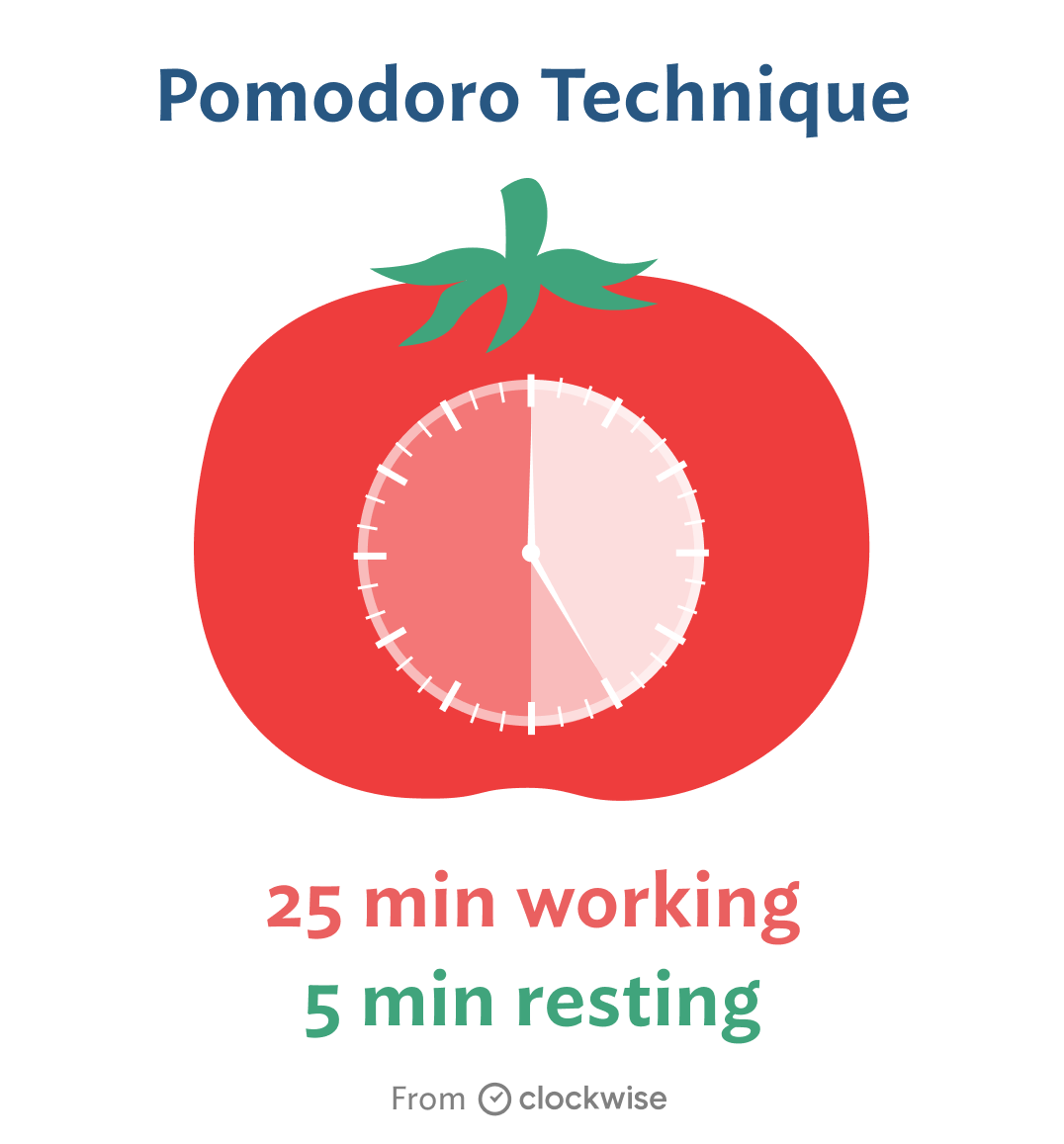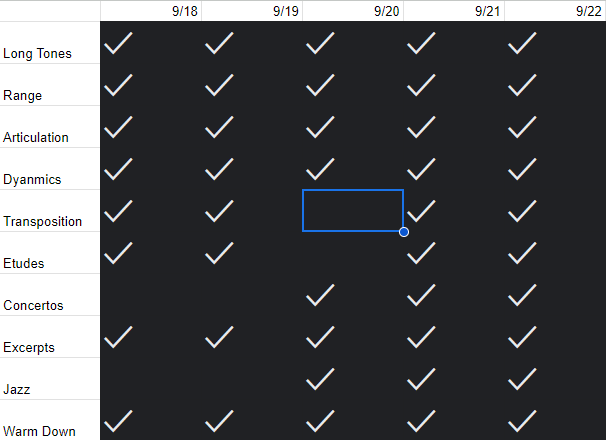Recommended Materials
In this section, I’d like to show you all the valuable books and gadgets that I
picked up during the years of my playing that influenced me the most. This
arrays from technical books, etudes, concerto/sonatas, productivity books, and
any gadgets that help you practice.
Technique/Method Books
Technique/Method Books
Jean Baptiste ARBAN
This book is a STAPLE for starting Trumpet or really any brass
instrument. In this one book you get: technical exercises, technical
etudes, duets, and understandable explanations on how to execute the
book optimally. I don’t know a single trumpet player yet that has not had
this book! The best part is, is that it has so much information that you’ll be
reading this for years.
SACHS
The Sachs: Daily Fundamentals for the Trumpet has a great
warmup/warm down routine for developing a nice warm tone. These
exercises do take some patience as you’ll be holding notes meditating on
every attention to detail within your tone but it pays off, especially if you
want better control of your dynamics.
H.L. CLARKE
If you’re having any trouble with dexterity, articulation, or even tone within
your range than this is the book for you! the Clarke Studies offers a
variety of arpeggiated and chromatic studies that will improve your
tonguing as well as fluency on the fingerings.
FLEXUS
One important skill that goes under practiced within many trumpet
players is their flexibility. The Flexus has some exercises which
will help make it easier to hit any note at anytime in any range.
If you’re trying to build your range, this book will dramatically help
you with the proper practice sessions and rest.
Etudes!
Etudes!
CHARLIER
I hold a bias to this specific Etude book, as it was my first one. However, objectively speaking, Charlier’s etudes cover the most technique than any other etude book I’ve ever come across. ( AND they all sound lovely!) It’s important to have a mix of pure technique exercises along with implementing it into music, such as etudes, in order to translate those technical studies into your playing. There are 36 Etudes in Charlier each one covering a different technique or focus.
THE STANDARDS (JAZZ)
The Real Book is a collection of all the greatest Jazz standards of all time. These are STAPLE and NECESSARY if you are aiming to take the direction of jazz and learn to improvise eventually. Learning multiple genres never hurts a musician either because it opens their perspective and helps any musician become more fluent on their instrument.
Ost Etudes
Ost Etudes is one of the more recent etude books on the market. This Book, like Charlier, also covers a wide array of technical practices necessary to becoming a better trumpeter. (Articulation, dynamics, flexability, etc.) It’s important to have a collection of etudes as you’ll develop a library of skills as well as find your favorites so that you can spread this knowledge to other peers or developing musicians!
CONCONE
If you’re looking for tone development or transposition skills the
Concone offers a nice selection of moderately difficult etudes where you
can focus on just producing the warmest tone or training the mind in
transposition.
SNEDECOR
Transposition is a widely under practiced skill because many people simply don’t like to do it! However, if you’re trying to play in the industry or just have a career in music in general there will be many times you will need to change key on the spot or go down a half step for example, if a singer can’t sing as high as they thought they could. The Snedecor etudes are ,in my belief, one of the best etude books to develop this skill. Honestly, you can practice transposition with any music whatsoever but I personally enjoy this book very much.
Concertos/Sonatas
Concertos/Sonatas
These Concertos/Sonatas are staple to Trumpet and are often asked for in College and Orchestral Auditions. I’m only displaying the ones that I’ve played and know are in audition lists but let me know if I missed any biggies!
( there are so many! )
Haydn Trumpet Concerto E Flat Major
Performed by Wynton Marsalis
Hummel Trumpet Concerto E Flat Major
Performed by Rob Frear
Hindemith Sonata
Performed by Maurice Andre
Arutunian Trumpet Concerto A Flat Major
Performed by Sergei Nakariakov
Bohme no.18 Trumpet Concerto
Performed by Tom Hooten
Peskin Trumpet Concerto
Performed by Sergey Solodovnik
Rustique Eugene Bozza
Performed by Wynton Marsalis
Joseph Turrin Caprice
Performed by Phil Smith
Arthur Honegger Intrada
Performed by Tom Hooten
PRODUCTIVITY
PRODUCTIVITY
Atomic Habits
One of the most important skills in aiming for the most streamline progression is having patience. Atomic Habits is a great Self Care book which talks about the 1% rule of getting at least 1% better everyday. Progression typically isn’t linear because we often have volatile expectations so we’ll get really good and then burn out and this will continue until you take action. This book helps provide necessary insight to help stabilize your progression and just focus on a bunch of small goals that lead to that big goal you had in mind.
Pomodoro Technique
If you have trouble with burning out or not being as engaged as you’d like to be for any activity ( not just practicing) then the Pomodoro Technique is a great practice to implement. Like our muscles, the brain needs rest too and if we are studying for hours without break it’s the equivalent of running a marathon. This method gives you a designated block of rest so you know you can 100% relax without being worried about if you deserve it or not.
Second Brain
Do you ever have good ideas that you forget the second you want to act upon them? Second Brain fixes this issue by teaching you how you can create a digital “second brain” so you can focus solely in the moment and remember your good ideas for later when you have time to act on them.
TIME BLOCKING
In the past I always procrastinated, over rested, and didn’t even feel like I deserved to rest because I didn’t get enough work done. Time blocking is an essential skill to feeling better as you work because you know you are doing what you assigned yourself. I feel schools always assigned us schedules up until college so most young adults don’t have the practice and/or appreciation of creating your own schedules. Time blocking designates specific time for when you should work and when you should rest ( Pomodoro Technique is a variation of this practice.)
Practice Journal
PRACTICE JOURNALS!!! When you’ve finally got that dream job in music that you always wanted you can attribute and look back to your practice journals to see how and appreciate how you got there! Although in the moment, practice journals can be tedious. These things can keep you VERY consistent as long as you choose to continue using them. This image is just a personalized version of my practice journal. I also write comments on what I need to improve on for the next practice session. This is important as it keeps you looking forward to your next session and keeping practicing interesting keeps you productive!
GADGETS
GADGETS
Gadgets are optional, but they sure do help!
PRACTICE MUTE
Trumpet is a loud instrument. So, having a practice mute is VERY handy when you had a busy day and not enough time to practice. Go put a blanket under your door and start practicing! Obviously, don’t practice too loud to where you wake up neighbors or family! Just use it as intended and play softly. Practice mutes are great for learning new etudes concertos, they aren’t really meant for dynamic training.
METRONOME
Although there are many metronomes on the app store. When I practice, I like to stay away from as much distraction as possible and so I bought myself a physical old fashion metronome. Not only does this take you away from your phone, for me it makes me focus more on my practicing just having a tool to mess with that helps me. Metronomes are great for keeping you in time but can get loud so I recommend sticking to digital metronomes at night and physical metronomes during the day.
TROMBONE MOUTHPIECE
I know we play the trumpet and not the trombone, but this comes in VERY handy if you don’t know how to flutter tongue yet. Often times when Trumpeters have too thin of a sound or are playing too sharp from squeezing their lips too much, they need to relax. Some lip buzzing on a bigger mouthpiece can stretch out those lips to let you practice a little longer and keep that consistent tone. However, if you already know how to flutter tongue that tends to do the trick in terms of stretching and getting blood flow to the lips.






























